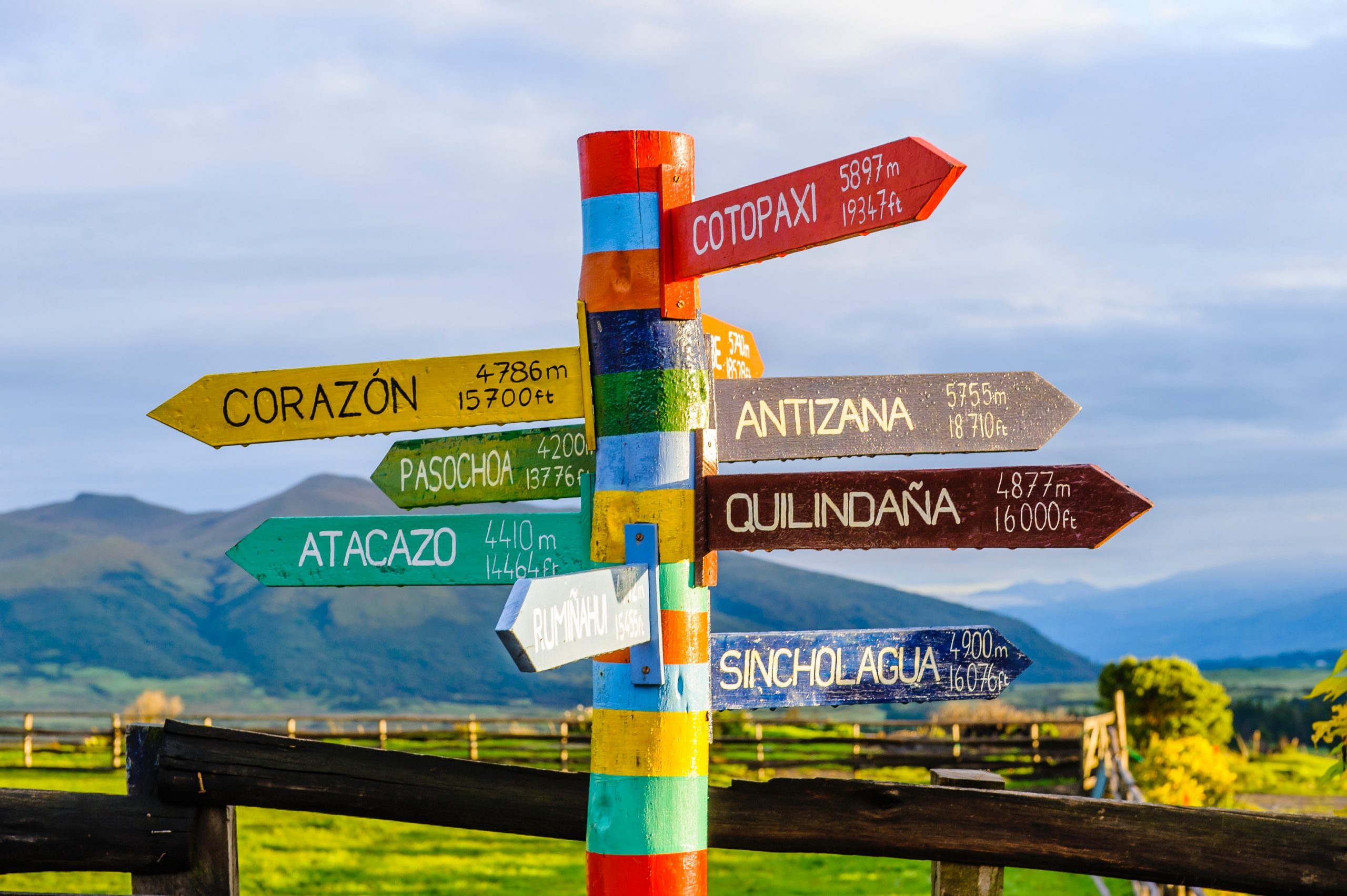Published by CELDF, by Tish O’Dell on December 17, 2021.
Drawing on a provision in Ecuador’s popularly-adopted constitution of 2008, the nation’s Constitutional Court (Ecuador’s highest court) halted mining concessions and permits issued in the Los Cedros Protected Forest ecosystem. The mining would violate the Rights of Nature, the court ruled in the landmark decision.
In the United States, whether it be about oil/gas drilling, corporate agriculture or pesticides, people in the communities that face harms caused by these industries can rarely even get into court to make a case and present evidence, let alone ecosystems themselves. We live under a system that presumes environmental regulations actually protect the environment. The court in Ecuador actually overruled existing environmental regulatory law, which had permitted mining in Los Cedros.
What will it take to advance the Rights of Nature in the United States in such a way that similarly challenges the existing environmental regulation paradigm, which has thus far only regulated the rate of destruction?
Comparing the Los Cedros Forest to Ohio, USA
In 2012, my own community of Broadview Heights, Ohio passed a law after residents petitioned for a direct democracy initiative to prohibit any new oil/gas drilling in the municipality. The law they drafted and presented to voters included residents’ right to a healthy environment and Rights of Nature within the community. Voters passed the law by 67%, denying consent to any additional drilling. (Ninety wells had already been drilled in our 13-square-mile community).
Two drilling corporations that had obtained state permits to drill more oil/gas wells, using the process of “fracking,” then sued the municipality of Broadview Heights. The people and the environment could not even get into the courtroom as intervenors in the case and were forced to sit back and watch local elected officials and lawyers half-heartedly defend the law, a law which the officials themselves did not pass and never supported. Being a direct democracy initiative, it was voters who wrote and passed the law.
The drilling corporations argued their “rights” were being violated by the law and that the state had passed a law in 2004 preempting any local community from passing laws regarding the oil/gas industry. The judge agreed with them. The corporate “persons” had obtained all the necessary government permits and so their activities were legal in the eyes of the court—and there was nothing the community could do about it. No scientific studies on the harms of fracking and drilling in the community were ever considered or presented as evidence. All that mattered to the court was that the drilling companies’ actions were deemed legal by the state. The rights of the natural environment and the people were never considered, let alone defended, because they were “preempted” by state law.
This is why the recognition of the Rights of Nature in the Ecuadorian Constitution was so crucial in helping protect the people and forest of Los Cedros. The plaintiffs who brought the case to enforce the Rights of Nature were able to get into the courtroom and present evidence, something the people of Broadview Heights never got the chance to do.
What about Pennsylvania, USA?
When we compare what is happening in Grant Township, Pennsylvania to Broadview Heights, Ohio and Los Cedros, Ecuador, we can see how having the recognition language for the rights of a healthy environment in a state or federal constitution can help facilitate leveling the playing field at least a little bit.
Unlike in Broadview Heights, the Grant Township case is progressing to trial. This gives Grant Township the opportunity to collect information through the court “discovery” process and to depose witnesses. This is farther than Broadview Heights and Toledo, Ohio (Lake Erie Bill of Rights) and most other communities across the United States have gotten. Typically, the courts have looked for procedural ways to overturn Rights of Nature laws, or they take seriously corporate lawyers’ claims that Rights of Nature laws violate the civil rights of corporate “persons.”
Part of the reason the Grant Township case has progressed in the way it has is thanks to a 1971 “Environmental Rights” amendment to the Constitution of Pennsylvania that secures rights “to clean air, pure water, and to the preservation of the natural, scenic, historic and esthetic values of the environment. Pennsylvania’s public natural resources,” the amendment continues, “are the common property of all the people, including generations yet to come. As trustee of these resources, the Commonwealth shall conserve and maintain them for the benefit of all the people.”
Of course, this language did not stop fracking, corporate agriculture, industrial pollution and other harms from wreaking havoc in the state over the past 50 years.
But, it did help residents in Grant Township to get a foot in the door. The trial is scheduled for 2022. No one knows how the court will rule.
What do these cases mean for building a movement?…
See the full post on the CELDF website.

